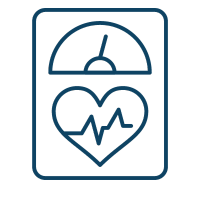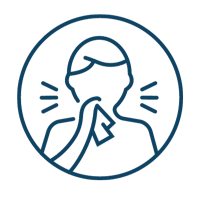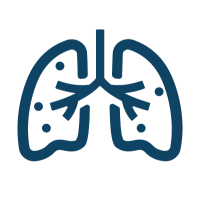As a Primary Care Physician (PCP) Dr. Ramirez will help you manage your health. As a patient, you can expect quality care and access to a full range of health services:

Annual Preventative Physicals
No matter what your age, it's important for you to have an annual physical, or routine preventive exam. The main purpose of a routine preventive exam is to detect any health issues you may have early on, before they become serious and a lot harder to treat.

Annual Wellness Visits
The Annual Wellness Visit is a yearly appointment with your primary care provider to create or update a personalized plan to help you manage your health and overall wellbeing.

Hypertension
Hypertension (high blood pressure) is when the pressure in your blood vessels is too high (140/90 or higher). It is common but can be serious if not treated. People with high blood pressure may not feel symptoms. The only way to know is to get your blood pressure checked.

High Cholesterol Management
Cholesterol is a fat (also called a lipid) that your body needs to work properly. Too much bad cholesterol can increase your chance of getting heart disease, stroke, and other problems.Getting your cholesterol checked regularly and working with your doctor is an important way of to stay in control of your cholesterol health.

Diabetes Management
Diabetes can affect almost every part of your body. Therefore, you will need to manage your blood glucose levels, also called blood sugar. With the help of your doctor, you can create a diabetes self-care plan to manage your diabetes.

Weight Management
Obesity affects more than one in three adults in the U.S. Achieving and maintaining a healthy weight includes healthy eating, physical activity, optimal sleep, and stress reduction. Your doctor can help you manage your weight so that you can have good health now and as you age.

Heart Health Care
Many people don’t realize it, but your primary care doctor is essential in determining your risk of cardiovascular disease, preventing cardiovascular disease and managing your long-term heart health, even after a cardiac event. Your doctor can determine your risk of heart disease through a routine exam, which makes those annual check-ups even more important.

Illness and Injury Care
When we get sick or injured, our primary care doctor is the first doctor we should consider seeing for good reason. Your doctor can treat a plethora of injuries and illnesses, whether it's the common cold, strep, ear infections, urinary tract infections, cuts and bruises, sprains and strains and a whole lot more. If you're sick or injured, call your doctor today.

Stitches/Wounds
Any wound or open cut is at risk for infection if not treated properly. The treatment will involve cleaning the wound, and may include utilizing skin glue, or if stitches are necessary, numbing the area to ease the pain, and dressing the wound. The doctor may also give pain medication or antibiotics. Proper treatment from your primary care doctor will allow you to heal more quickly.

Allergies/Asthma
Primary care physicians often serve as a first line of defense for allergy and asthma sufferers, helping diagnose and treat their symptoms, especially when taking over the counter medicines are not enough. This may include a nebulizer treatment or prescribing prednisone, or if severe and chronic, refer you to an allergist.

Bronchitis
Bronchitis is a condition that develops when the airways in the lungs, called bronchial tubes, become inflamed and cause coughing, often with mucus production. You may experience a wheezing or whistling sound when you breathe and feel run down or tired. Your doctor can prescribe cough suppressants or other drugs to help you deal with symptoms, as well as rule out more serious illnesses, like pneumonia.

Colds/Flu/RSV/Covid
Symptoms of a common cold, influenza (flu), respiratory syncytial virus (RSV), and COVID-19 can be similar and may include fever, cough, and shortness of breath. It can be difficult to distinguish between illnesses caused by respiratory viruses. To diagnose a potential case, see your doctor who can perform diagnostic tests to determine what you have and the best way to treat it.















